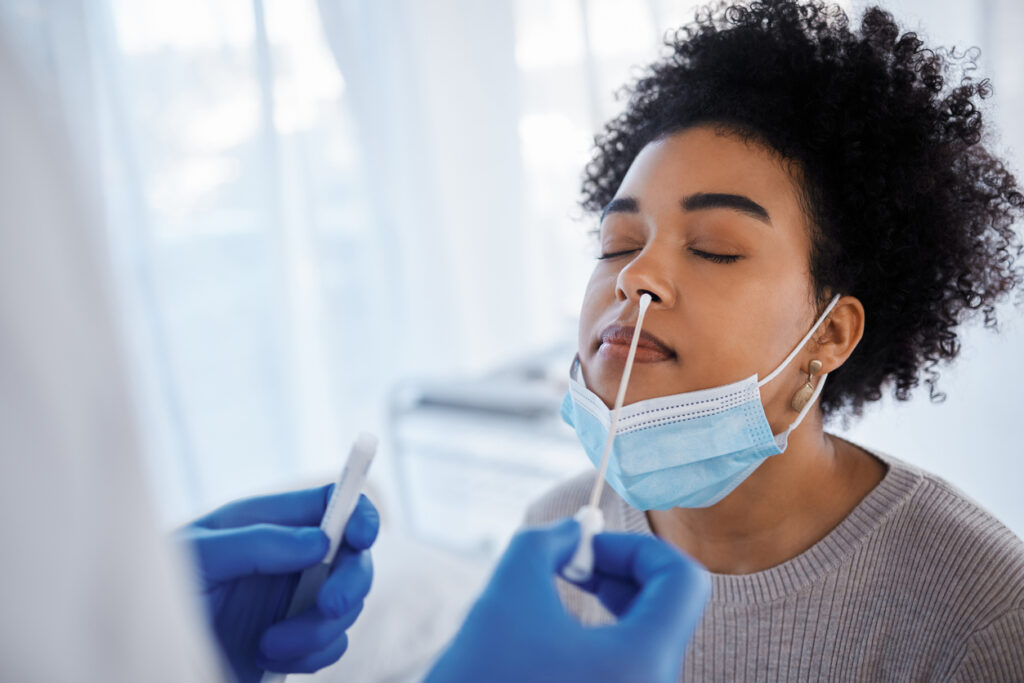It’s no longer necessary to isolate for five days after testing positive for COVID-19, according to new guidance from the U.S. Centers for Disease Control and Prevention (CDC).
The new guidance states that people should stay home if they are sick, but can return to school or work when they are feeling better and have been fever-free for 24 hours. It brings a unified approach to addressing risks from a range of common respiratory viral illnesses, such as COVID-19, flu, and respiratory syncytial virus (RSV).
The CDC is making updates now because the U.S. is seeing far fewer hospitalizations and deaths associated with COVID-19 and have more tools than ever to combat respiratory viral illnesses. In addition, states and countries that have already adjusted recommended isolation times have not seen increased hospitalizations or deaths related to COVID-19.
“Today’s announcement reflects the progress we have made in protecting against severe illness from COVID-19,” says CDC Director Dr. Mandy Cohen in a news release. “However, we still must use the commonsense solutions we know work to protect ourselves and others from serious illness from respiratory viruses—this includes vaccination, treatment, and staying home when we get sick.”
As part of the guidance, CDC recommends:
- Staying up to date with vaccination.This includes flu, COVID-19, and RSV if eligible.
- Practicing good hygiene
- Taking steps for cleaner air
Once people resume normal activities, they are encouraged to take additional prevention strategies for the next five days to curb disease spread, such as taking more steps for cleaner air, enhancing hygiene practices, wearing a well-fitting mask, keeping a distance from others, and/or getting tested for respiratory viruses.
Such enhanced precautions are especially important to protect those most at risk for severe illness, including those over 65 and people with weakened immune systems.This updated guidance is intended for community settings. There are no changes to respiratory virus guidance for healthcare settings.
“The bottom line is that when people follow these actionable recommendations to avoid getting sick, and to protect themselves and others if they do get sick, it will help limit the spread of respiratory viruses, and that will mean fewer people who experience severe illness,” adds National Center for Immunization and Respiratory Diseases Director Dr. Demetre Daskalakis. “That includes taking enhanced precautions that can help protect people who are at higher risk for getting seriously ill.”


